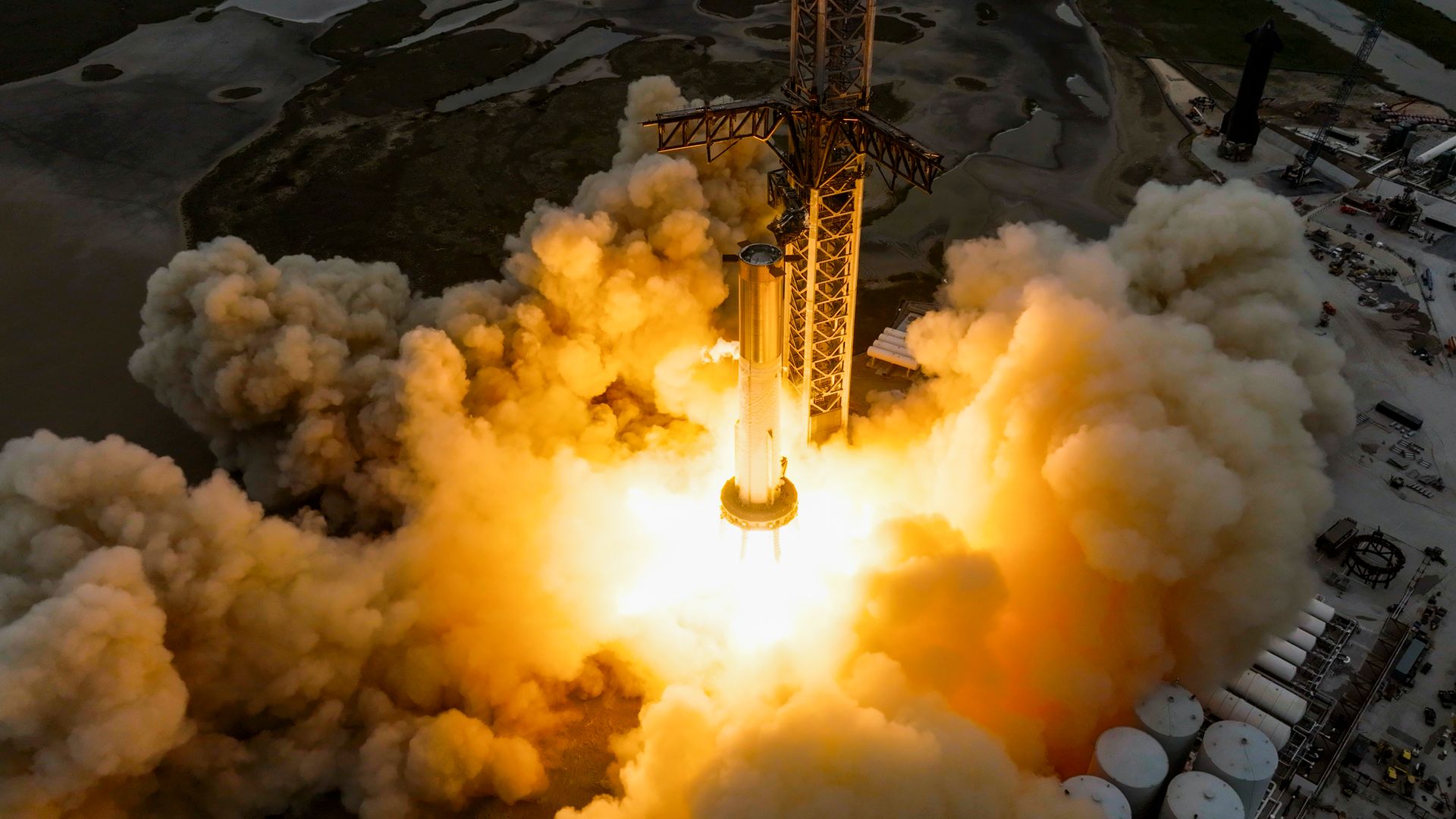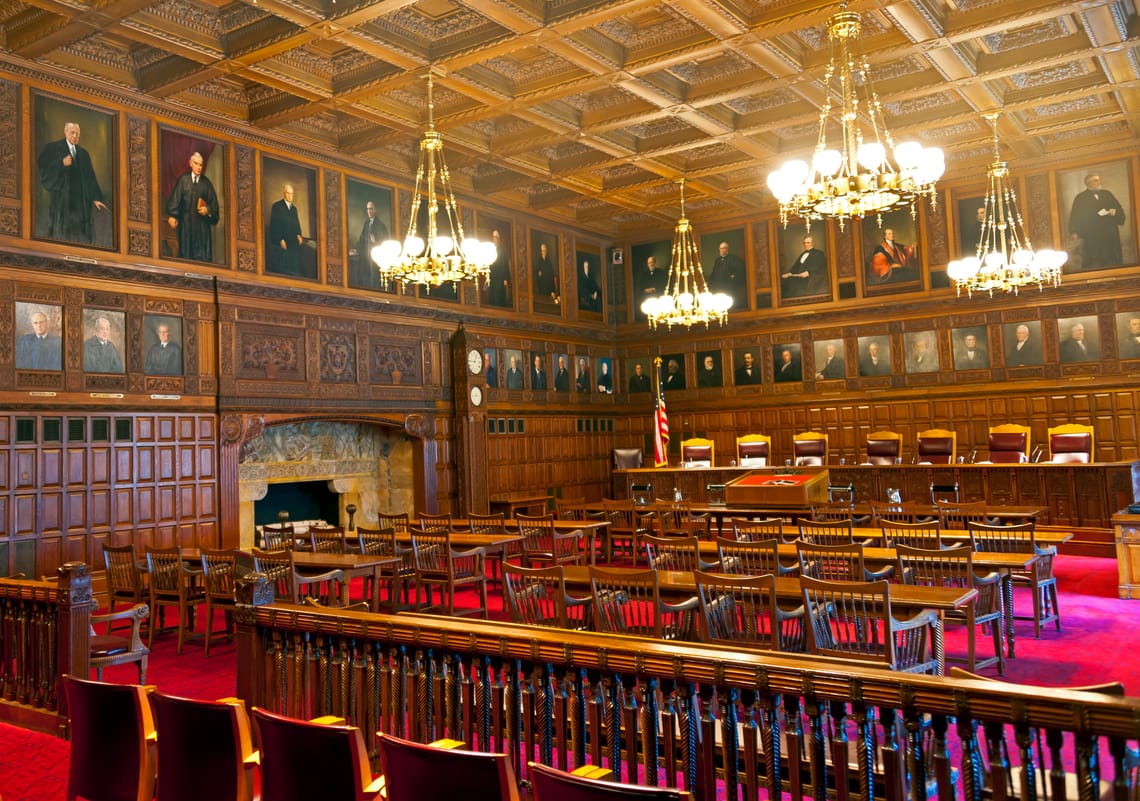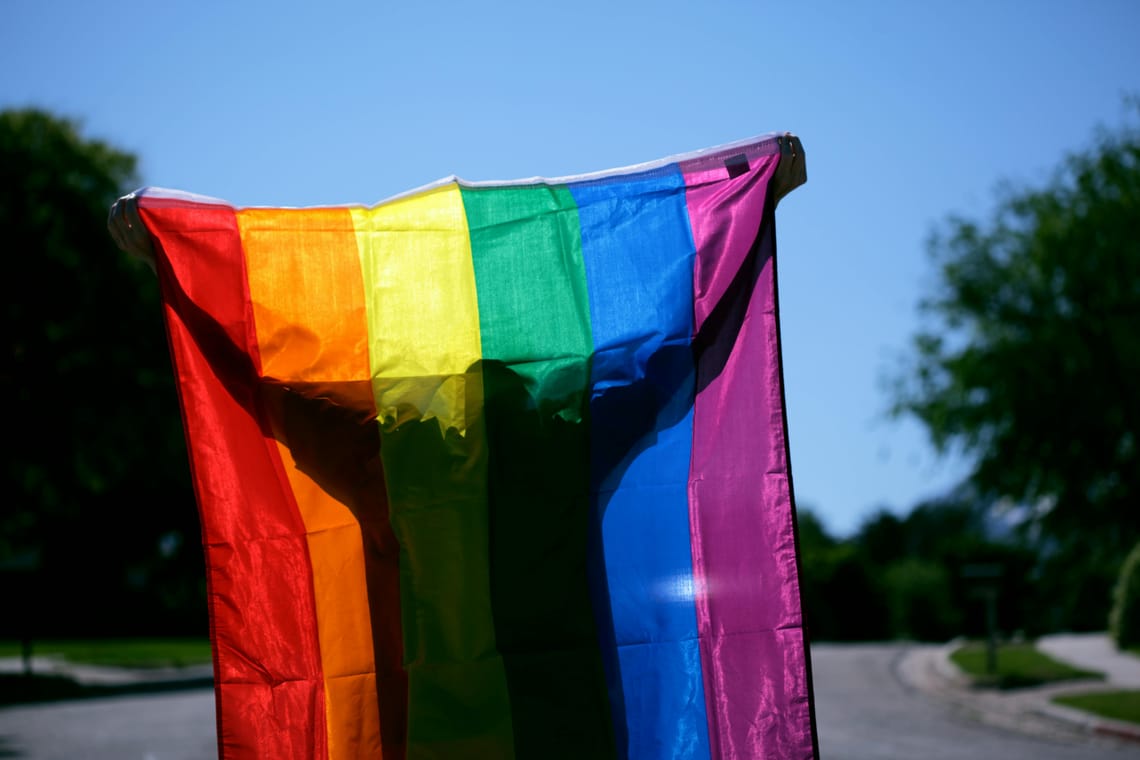Wildlife and environmental groups including the Center for Biological Diversity, the American Bird Conservatory, the Surfrider Foundation, Save RGV, and the Carrizo/Comecrudo Nation of Texas, Inc. are suing the Federal Aviation Administration. In the ongoing court case, these groups maintain that the Federal Aviation Administration breached the National Environmental Policy Act and the Administrative Procedure Act by authorizing the rocket's failed launch.
After the FAA sanctioned the Super Heavy Launch Vehicle Program in June 2022, SpaceX subsequently launched its rocket, the Super Heavy. However, just minutes into the launch, the rocket exploded, destroying the launch pad and scattering metal debris and ash onto adjacent lands. The U.S. Fish and Wildlife Service in a report stated that concrete chunks, steel sheets, metal and other objects were dispersed thousands of feet from the pad. Additionally, the explosion resulted in forest fires, one of which burned 68 acres adjacent to a National Wildlife Refuge.
The land that the SpaceX facility is built on, which includes a coastal preserve, a wildlife refuge, and a state park, along with the land adjacent to the facility, prove as vital habitats for many species. Specifically, they are especially important to the endangered ocelot and migratory birds from the Central and Mississippi flyways, who use the lands as resting areas during their migration. These lands are also home to members of the Plaintiffs whose research, studies, observations and ability to obtain maximum enjoyment from the land's recreational value has been adversely impacted. In their complaint, Plaintiffs use Mary Angela Branch, a member of the Center, ABC, and Save RGV as an example of these detriments: “ [Branch] regularly visits the Boca Chica area to enjoy the beach and to swim, picnic, fish, and view wildlife, [however], her ability to [do this] has been, and will continue to be, adversely affected by SpaceX activities.” This launch along with future planned launches, according to Plaintiffs, therefore, threatens “the use, enjoyment, and economic value of property owned by Plaintiffs' members, as well as the lands and waters that members use and enjoy.”
Before the rocket launch, The FAA's Chief of Staff for the Office of Commercial Space Transportation stated that they planned to conduct an environmental impact statement (EIS) for the program. This report would have analyzed the environmental impacts of the program in relation to the National Environmental Policy Act. However, the FAA later assigned the decision to perform the impact statement to SpaceX, who decided to conduct a programmatic environmental assessment (PEA). After the PEA assessment, the FAA issued a mitigated finding of no significant impact (FONSI). This issue indicated that the launch would have significant environmental impacts, however, the mitigation efforts established would have reduced the impacts.
According to the Plaintiffs in their complaint, the PEA was insufficient. They further maintained that the FAA erred in fully considering and analyzing the impacts of the Starship/Super Heavy Launch Vehicle Program through an EIS and including adequate mitigation alternatives to prevent significant environmental harm. As such, their claim states that the FAA’s lack of adequate planning and overseeing was “arbitrary and capricious, [and] in violation of NEPA and the Administrative Procedure Act (APA).”
Following the filed complaint, SpaceX CEO Elon Musk addressed the issue, stating “To the best of our knowledge, there has not been any meaningful damage to the environment.” He also reported that SpaceX would be ready to launch another test rocket within six to eight weeks.
Currently, the FAA is seeking a 60-day extension of time, until September 29, 2023, in which to lodge the Administrative Record, a set of documents that include factual, technical, and scientific material or data necessary for the court decision.
Sienna Woodley
Sienna is an intern at Chen Law Journal and aspires to become an environmental litigator. Outside of academics, she plays lacrosse and has experience working with a local law firm. Sienna is interested in various types of sciences including ecology, environmental chemistry and chemical engineering.
Email Me




